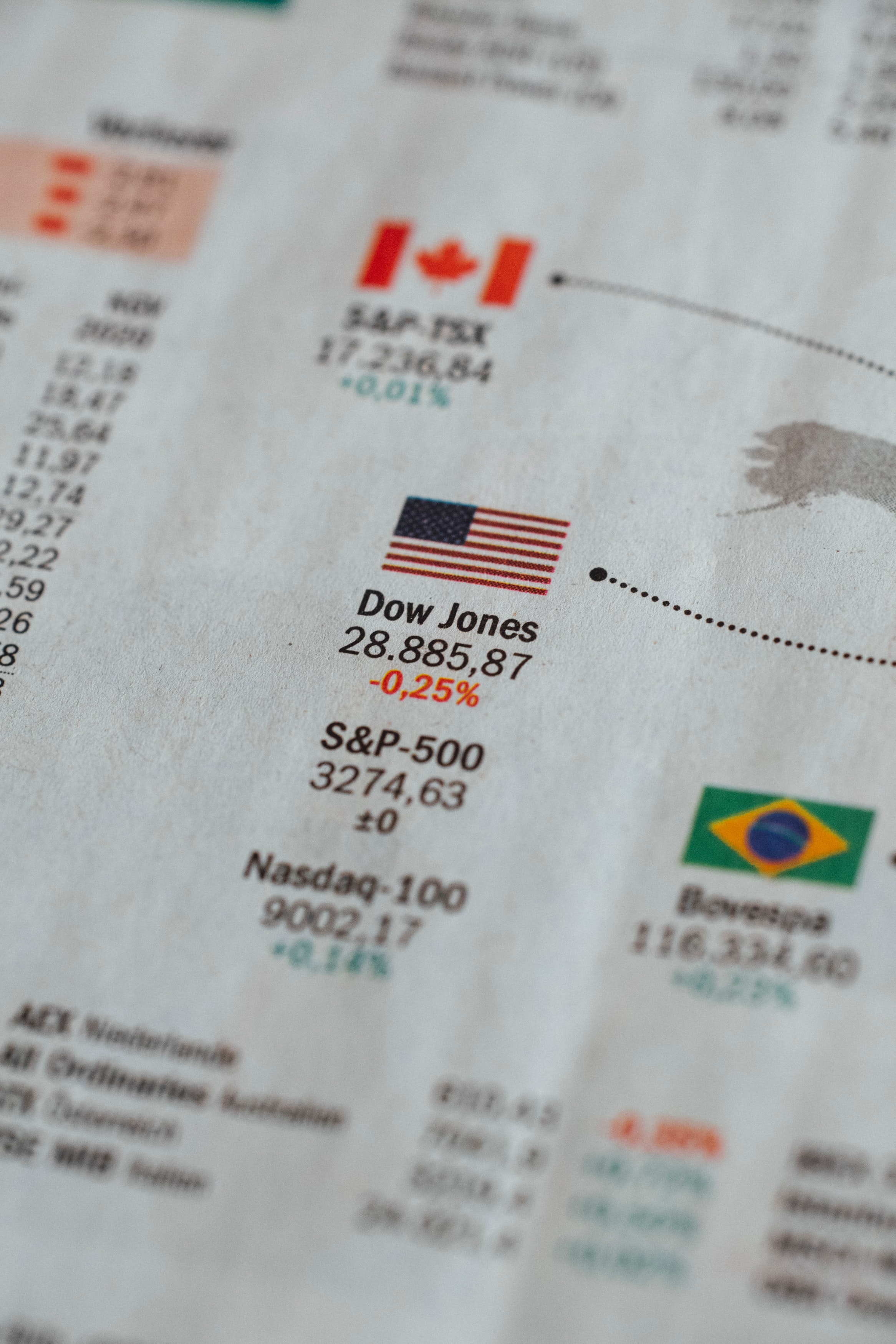Marketplace pandemic: How will media companies fare in a recession?


With the 9th of March dubbed by market analysts as “Black Monday” after S&P and Nasdaq suffered the worst share falls since the 2008 financial crisis (via BBC), seeing trading briefly suspended before resuming with all three major stock markets down over 6%, the market is clearly in a volatile place.
The spread of Coronavirus may not be as deadly as the Bubonic Plague, but the behavioural implications of preventative measures to quell the spread of the pandemic has had widespread impacts. Oil demand has dropped, resulting in uncertainty and delicate market politics between the major producers ultimately causing the value to trade a full 30% lower on Monday before recovering to -20%. According to the Financial Times, the impact of the virus on production in China has caused the country’s carbon dioxide emissions to drop an estimated 200m tonnes in the four weeks leading up to March 1st, the equivalent of that produced by the Netherlands or Ukraine every year. While a return to work was ordered by the Communist Party last week, the hit to production and economic growth will continue to have ramifications.
With the estimated timeframe of the spread of the virus envisioning it to last until this summer, it is likely to continue to have an impact on market productivity and valuations. While in the best of times this would likely put a significant strain on the market, this comes at a time when a foreseeable recession was already lurking – although a seeming recovery occurred at the beginning of this year, this is unlikely to hold very long under the current climate. A recession was already due; now it seems inevitable.
Featured Report
India market focus A fandom and AI-forward online population
Online Indian consumers are expected to be early movers. They are high entertainment consumers, AI enthusiasts, and high spenders – especially on fandom. This report explores a population that is an early adopter, format-agnostic, mobile-first audience, with huge growth potential.
Find out more…With this in mind, it is worthwhile for media companies to take stock of their positions in such an environment. Last October, MIDiA published a recession predictions report – here is a recap of some of the findings.
Consumer shifts
In a recession, consumers – be it slowly or quickly – realise that they have less disposable income and start to rein in their spending, with entertainment one of the first things to go.
- A ‘cocooning’ trend, with consumers less inclined to go out and spend money, happened during the original credit crunch. Now with digital media far more established, streaming services, gaming, online media and social media could all be engagement winners. However, with smaller household budgets, the economics might not be so great.
- The deep integration of social media in Gen Z’s life means that they will likely feel far less impact than older generations around seeing their friends in real-world environments because of having less money to spend.
- Millennials have been the fuel for the digital media engine, but these young professionals could be the ones who have greatest job insecurity, especially those in the (tech-enabled) gig economy. Conversely, older consumers still in the workforce will inherently increase in value while those retired will see little direct impact on their spending power.
Economic shifts
- The combined impact of lower spending power and high ticket prices could hit live music hard. This is the wrong time to increase prices – a strategy built upon the assumption that we are in an abundant market. The live industry will have to decide whether it wants volume or value.
- The great promise of music streaming subscriptions was built on convenience and value for money. These are the subscriptions that digital consumers are most likely to want to retain in a recession. However, they are also the most vulnerable to cancellation because a) they are contract-free and b) free alternatives are so good. Cost-conscious music fans would find the various inconveniences of downgrading to free (YouTube especially) as a dull pain compared to the costs savings – especially if they use the readily available stream rippers and ad blockers.
- AVOD services like Viacom’s Pluto TV and Sony’s Crackle could be big streaming video winners. Streaming video subscribers with traditional pay-TV subscriptions will have a shock, however. Dropping the pay-TV subscription would save them the most money – and potentially have the least viewing impact – but as these subscriptions are contract-based, they may have to drop streaming subscriptions instead as paying an early cancellation fee defeats the purpose of cost-saving.
- Games console companies will need to consider whether they need to make a long-term investment in their gaming base by providing some version of the connected gameplay for free, especially to younger users. If the expensive hardware proposition drops amid the recession, the effects of price elasticity will be stronger. Renting consoles, instead of asking for a large lump sum (e.g. Xbox All Access), could be one way to go for games companies to protect themselves from an increasing number of more affordable gaming propositions.
- Sports-centric streaming services without premium domestic rights are positioned as additive services, placing them at the forefront of subscription cancellation risk during a recession. Traditional pay-TV providers could also see subscribers opting out of their expensive sports packages. Although early-termination fees would deter cancellations, as with overall pay-TV subscriptions, organic churn risk will be high. Expect skinny sports bundles to become widely deployed. This in turn would likely mean smaller budgets for future rights packages.

The discussion around this post has not yet got started, be the first to add an opinion.